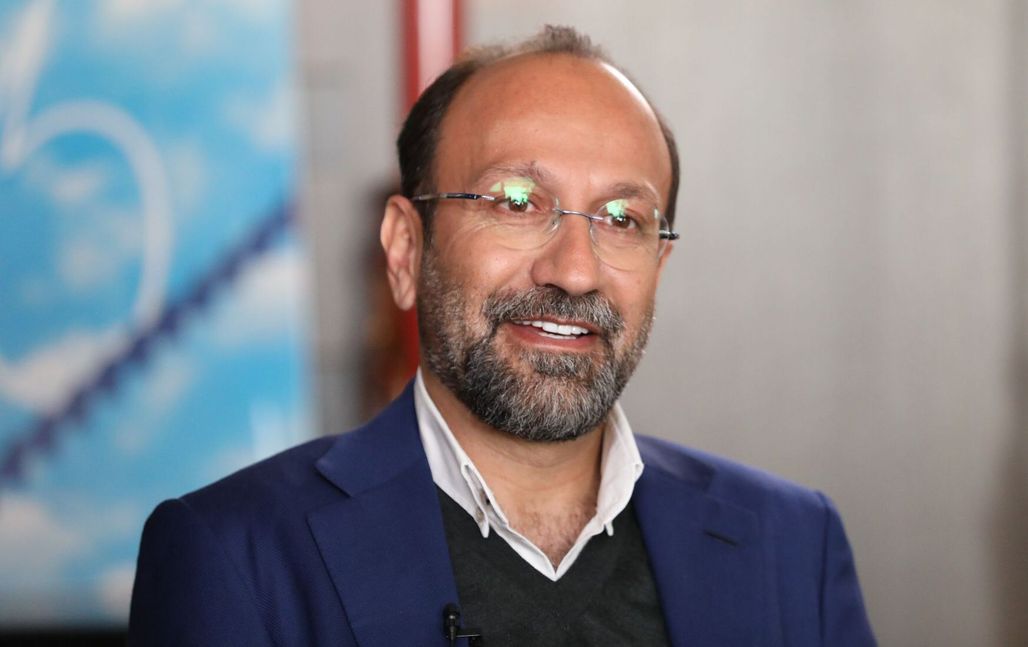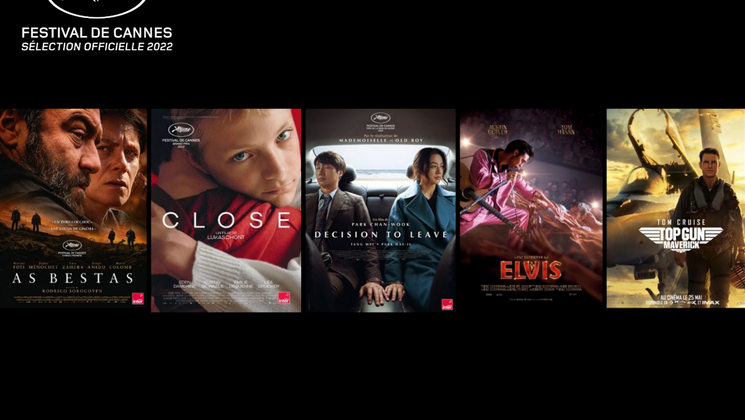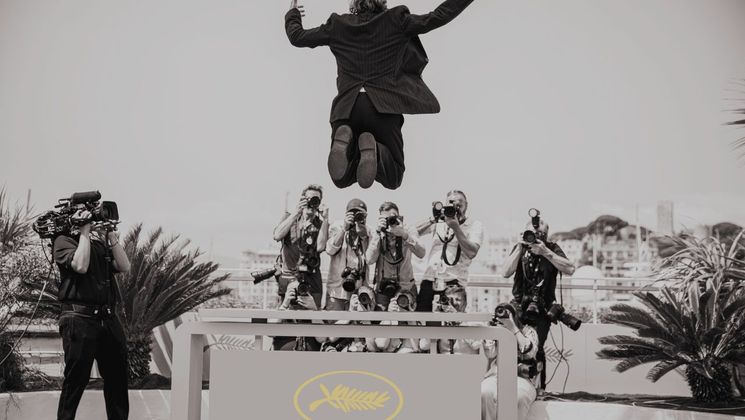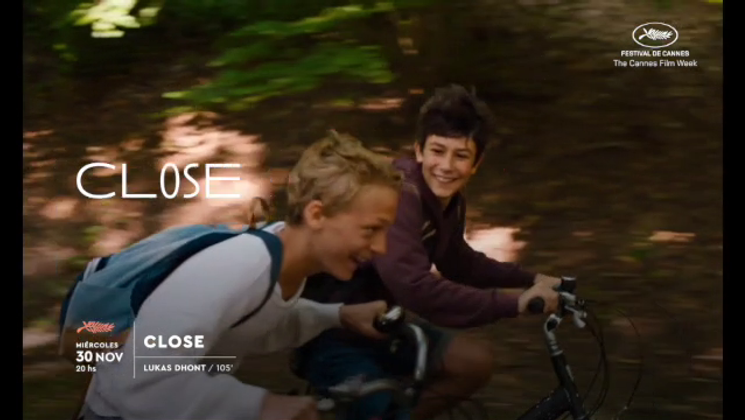
Meet Asghar Farhadi, member of the Feature Films Jury

In Competition with The Past (Le Passé) in 2013, The Salesman (Forushande) in 2016, Everybody Knows in 2018 and A Hero (Ghahreman) in 2021, talented Iranian screenwriter, director and producer Asghar Farhadi is back in Cannes, this time off screen on the Feature Films Jury. We caught up with him to talk all things film.
How does it feel to be on the Jury?
It's a fascinating exercise, because for every film I see, I get feedback from eight different people. Each of us reflects on our own first impressions before feeding them back to the rest. I really enjoy the process, we make a very good team, I think.
In 2014, Leila Hatami, who starred in A Separation, gave an interview to the Festival in which she explained that a lack of accessories meant Iranian actors had to exaggerate their facial expressions and body language. Does that mean that when you film actors in Iran and actors in France, the experience feels different?
I work very closely with my actors, whether in Iran or elsewhere. Once I'm on set, I forget where I am. But naturally, I'm aware of how some restrictions dissolve when I'm work outside of Iran. I think this aspect primarily comes into play in the writing. I feel free to write any scene I care to imagine.
Regarding Everybody Knows: how did you manage to make such a Spanish film without speaking the language or knowing too much about Spanish culture?
I didn't speak Spanish, but I had spent some time there before filming so that I could really soak up the details of local life. For each film, I always need a year before I start writing. I spent my time talking to people, asking questions, even really basic things about everyday life. I didn't want Spanish viewers to know that a foreigner had made the film, that was all that mattered to me. Once I had written the screenplay, the first thing I did was to get Spanish people to read it and reassure me that they didn't spot anything odd.
Having said that, my theme wasn't all that far removed from my own cultural baggage and past. And I spent that period watching a lot of Spanish films to immerse myself in the country's film tradition. When it screened in Cannes, I got talking to Javier Bardem, who told me that a really harsh Spanish critic had said that Everybody Knows was the most Spanish film of the year. That was the comment that touched me the most.
What are your pet themes?
The same themes keep cropping up again and again, to greater or lesser extents, in each of my films. For Everybody Knows, as early as the writing stage the idea in my mind was this clash between two ways of being: the mindset of a very down-to-earth man, someone who works the land, in contrast to another, whose eyes are permanently cast upwards, a much more spiritual soul. Both characters were experiencing the same thing, but from two opposite perspectives.
This film also touches on the idea of a secret that everybody knows, something they've all known for the past 16 years, but one they never spill. Everybody is just pretending, hence the title: 'Everybody knows'. Issues surrounding reputation, social standing and image are in all of my films. It's an idea that lies at the heart of my last film, A Hero (Ghahreman). In my culture, this is a central concept. The image others have of you is a treasure, an asset. Lots of people uphold this notion. Which can create contrast between a person's social image and who they really are.
Where does your love of film stem from?
I think my taste for film comes from story-telling rather than the cinema. I'm passionate about stories. Ever since I was little, I've always loved hearing stories, even just memories, as long as the tale is told with flair. Being told a story was like a kind of meditation to me.
Is that still true today?
Absolutely, in that sense I haven't changed at all. All I try to do is tell a story and to find the right words to fit each particular tale. As children, we're exposed to art forms I consider to be the earliest types of art: sound, music, the lullabies our mothers sing, and right after that, the fairy-tales and fables we are told and read. I think tales are precious things that the whole world cherishes, that all peoples hold dear.
What film makes you cry? And which one makes you laugh?
I cry and laugh easily when I watch films, even bad films, sometimes. I'm not hard to please, because as I watch, bit by bit I improve it in my mind's eye.
You redirect it?
Yes, it becomes like a game. I turn the story around in my head, and switch back and forth between the film on the screen and the one in my imagination.


